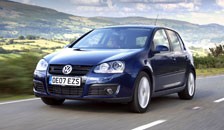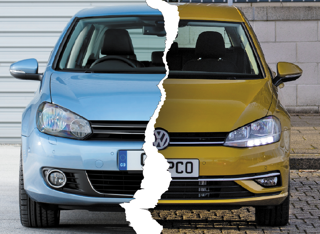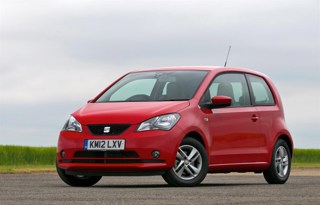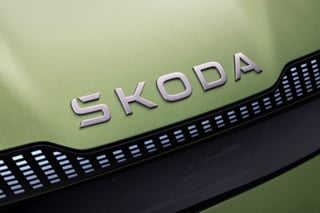Scrappage schemes introduced by manufacturers to boost new car sales are generally failing to impress most car buyers.
A combination of consumer scepticism and confusion over whether the schemes offer the best value, restrictive eligibility criteria and lack of awareness, are the cause of the disinterest, say online retailer BuyaCar.co.uk.
In 2009/10 the Government pumped £400 million of taxpayers’ money into a state-sponsored scrappage scheme that generated 396,000 new car sales after the financial crisis.
The current scrappage schemes are not government-backed. They are variations on standard manufacturer incentives but with added rules about the CO2 emissions of both the cars being ‘scrapped’ – or traded in – and the new car.
And unlike the old scrappage scheme, which offered consumers a standard £2,000 for a qualifying ‘scrap’ vehicle, there is a mixture of different manufacturer schemes today – each with different rules and qualification criteria.
Austin Collins (pictured), BuyaCar.co.uk managing director, said: “With the rise of PCPs and the maintenance of historically low interest rates for nearly 10 years it is also much harder to impress motorists with special offers now that cars are so much more affordable than they were pre-financial crisis.
“All of these factors are believed to be contributing to a generally underwhelming response to the latest scrappage schemes among 1,300 motorists whose views we’ve analysed.”
Just 23 of those questioned – less than 2% - had bought a car using one of the current scrappage schemes.
In contrast, 34 people had found they qualified to use a scrappage scheme but said they had found a better deal on their new car by not using one.
Then 17.8% - 232 people – said they had looked into the schemes and decided they “weren’t the best value” they could find on a new car deal.
More than 40% of those questioned said their existing car would not qualify to take advantage of a scrappage scheme.
But 479 people – nearly 40% – had no idea the schemes were on offer.
“Manufacturers’ marketing departments might be disappointed to learn that 37% of their target customers have failed to pick up on the existence of scrappage schemes.
“But the reality is that the industry should not be too disappointed that customers are apparently underwhelmed by the latest scrappage-related offers because it is actually more likely to be a sign that cars are already perceived as affordable under existing deal structures.
“Perhaps it was a mistake also to use the same terminology for myriad different offers from multiple manufacturer brands as the government-backed scheme of nine years ago.
“Whatever the reasons for the low key interest of motorists in the latest scrappage schemes it seems they are unlikely to create the same kind of buying surge that we saw in 2009/10.”





















Login to comment
Comments
No comments have been made yet.